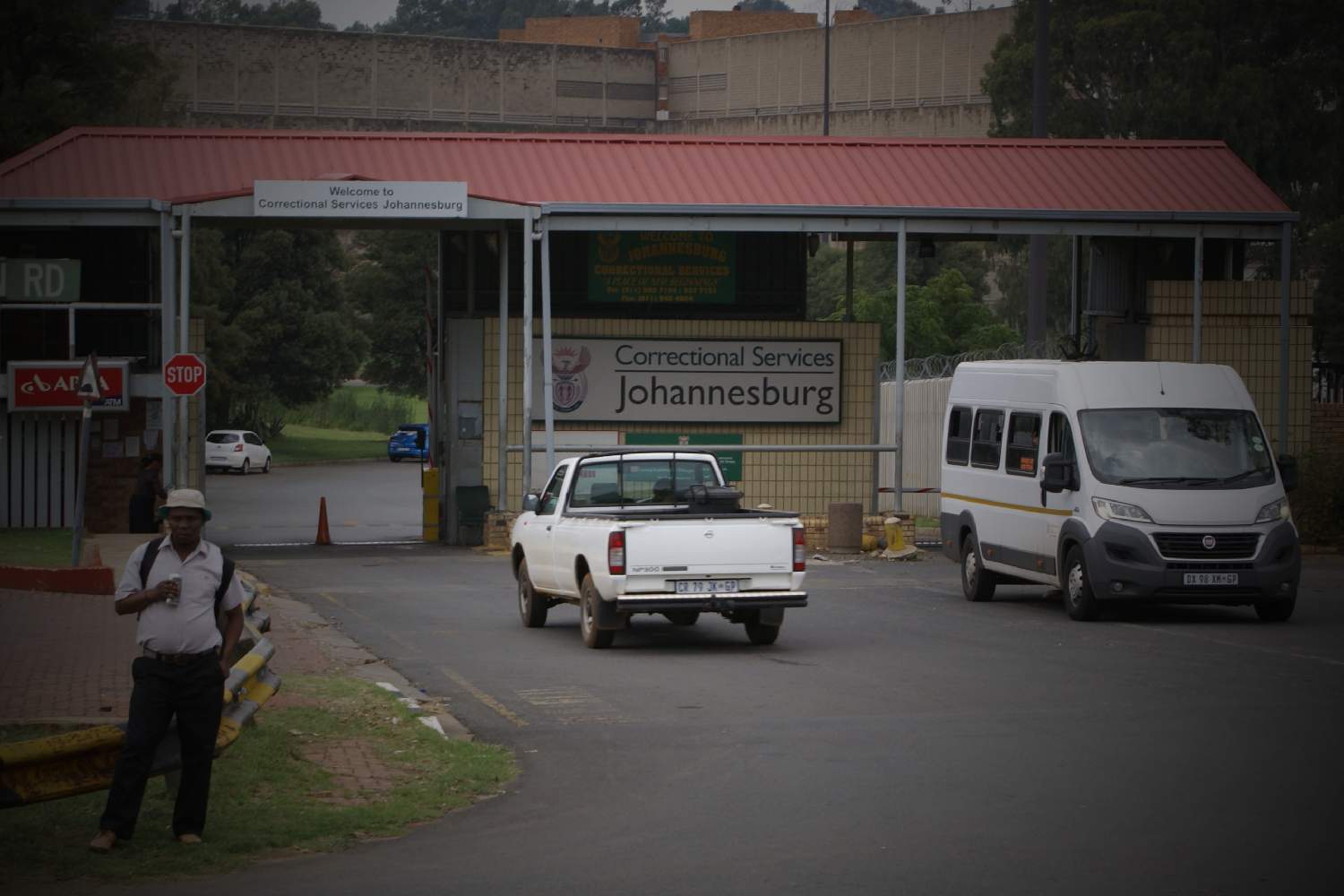A transgender woman serving her sentence at Johannesburg Correctional Centre has taken the Department of Correctional Services (DCS) to court. Nthabiseng Mokoena, widely referred to as ‘Ms Mokoena’, argues that she has been bullied, denied the right to wear women’s clothing and makeup, and refused access to gender-affirming healthcare. The Equality Court case is scheduled to be heard on 12 September 2025 in Johannesburg.
According to Lawyers for Human Rights (LHR), who are representing her, the treatment Mokoena has received inside prison violates her constitutional rights to dignity, equality, and freedom from discrimination.
The case is directed against DCS, the Minister of Correctional Services, and senior prison officials.
What Mokoena says about her treatment
Ms Mokoena told her lawyers that prison officials and inmates treat her differently because she is transgender.
She claims that she has been verbally harassed, bullied, and punished when speaking out against unfair treatment.
“The transphobia within DCS senior management is undeniable. There’s a clear difference in how heterosexual inmates are treated compared to members of the LGBTQI+ community. When we are hurt or attacked, no one speaks up or does anything to help. Those who harm the LGBTQI community are never held responsible. What is worse, when we try to defend ourselves or speak out about the unfair treatment, we are the ones who get punished,” she said.
Her legal application also points out that she has not been allowed to use her chosen name or pronouns.
Requests for toiletries, cosmetics, and hormone treatment recommended by medical staff have been ignored for years.
The legal demands before the Equality Court
The Equality Court will hear Mokoena’s request for several directives.
These include:
- Allowing her to receive gender-affirming healthcare such as hormone treatment.
- Assistance in legally changing her name and gender marker.
- Being housed either in a single cell or with other transgender women to improve her safety.
- Recognition of her right to wear makeup, women’s clothes, and use appropriate toiletries.
LHR says the case is important to ensure that DCS fully implements its own Standard Operating Procedures (SOPs), which were developed after the 2019 Jade September court ruling.
In that case, another transgender inmate successfully challenged unfair treatment at Pollsmoor Prison.
What the rules say and where the problems lie
The SOPs require that transgender inmates be treated with respect, housed safely, and searched in ways that respect their gender identity. They also encourage staff to use correct names and pronouns.
But gender law specialist Sanja Bornman says that many officials wrongly believed these rules only applied to Jade September and not to all transgender prisoners.
She explained that while conditions briefly improved after the 2019 case, the changes were not permanent.
Belinda Qaqamba Makinana from Gender Dynamix, which helped draft the SOPs, said the biggest problem is that they are often ignored.
“We know that besides these two cases, there are many other transgender women in various prisons in South Africa who still face violence,” she said.
DCS spokesperson Singabakho Nxumalo said it is a disciplinary offence for prison officials to discriminate against inmates based on gender identity or sexuality.
“DCS continues to sensitise its officials around protecting and securing human rights of lesbian, gay, bisexual, transgender and intersex inmates,” he said.
However, a 2024 report by the Commission for Gender Equality found that while the rules exist, implementation across prisons remains inconsistent and worrying.
